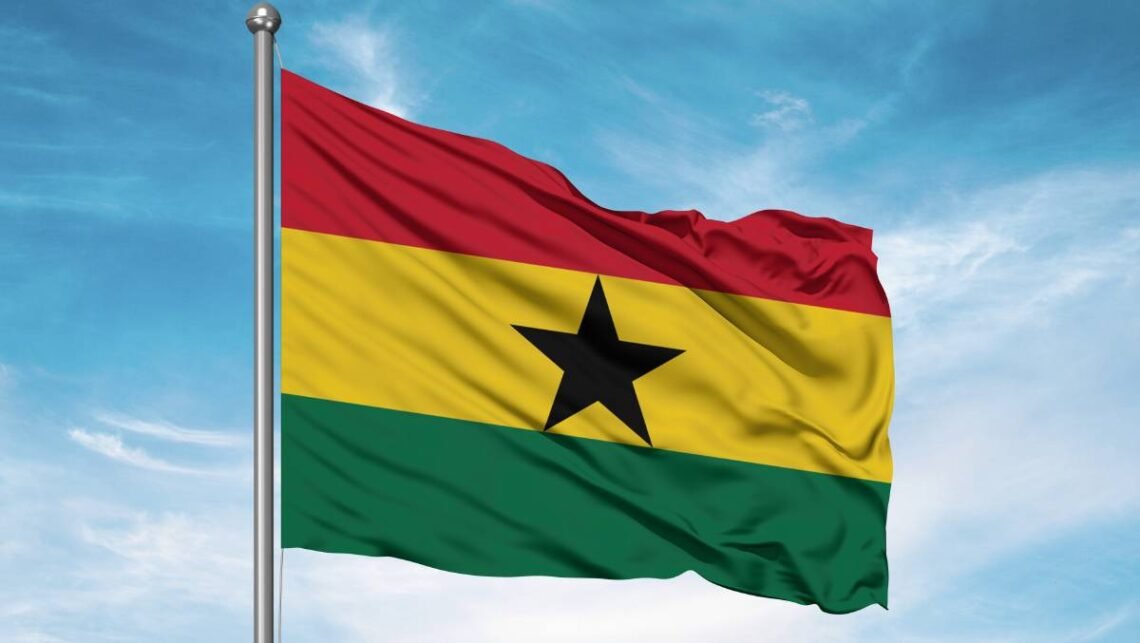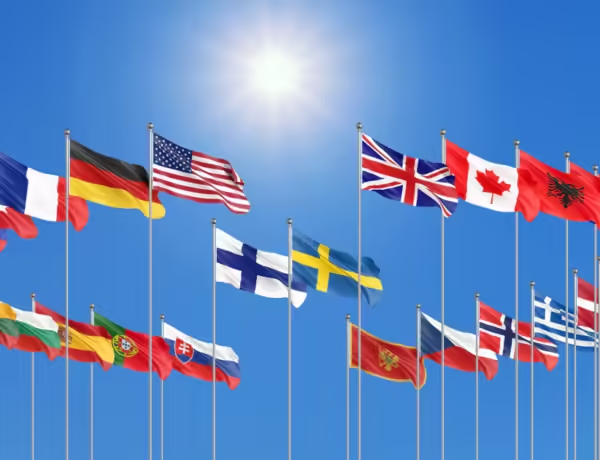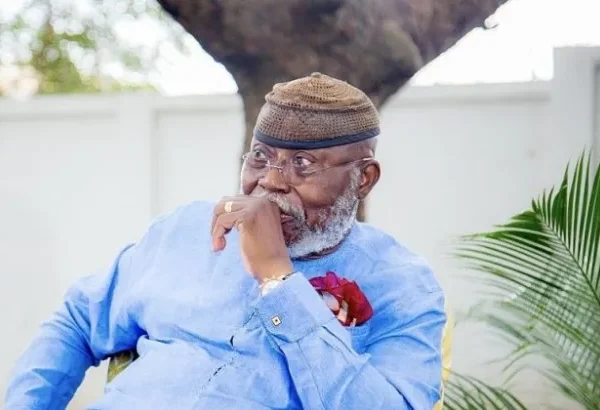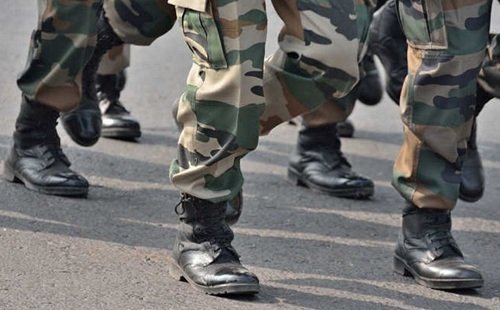Introduction:
One endemic problem confronting the Ghanaian society, citizenry and the African continent as a whole, is the aggrandising behaviour of the political class which is manifested in conferment of titles upon themselves- as “honourable” “Parliamentary immunity”, “procedures” including vague “accolades”. That is very unfortunate and depressing. Primarily, occupying the presidency, ministerial office, public office or traditional position as minister, chief or an elder is to achieve a singular objective of promoting the citizen’s or community’s welfare rather than the occupant’s self-seeking interests. In Gnana, and by extension on the continent of Africa, the converse is sadly the case. This is because people occupying pubic offices see themselves as superior human beings beyond criticisms and accountability. With that background, this post explores some nauseating events which transpired and are still developing in the current parliament of Ghana, under the guise of parliamentary immunity and procedures.
The Comic Reliefs of the 2025 Vetting
Ordinarily, vetting is intended to examine the suitability of nominated political candidates by asking them critical questions relating to their academic competency, sector knowledge, problem solving abilities and requisite wisdom to lead and manage a particular ministry, thereby advancing the welfare of Ghana and her citizenry. That is the cardinal objective of vetting. And 2025 is not the first time that vetting has taken place in Ghana. However, as witnessed on televised sessions across Ghana, several vetting sessions morphed into comic relief entertainments with committee members, especially those of the New Patriotic Party (NPP), adopting it as a strategy to score cheap political points. Ridiculously, they gave themselves out not only as silly and weak minded but also as pure comedians. The sad aspect of this is that with social media, such come reliefs were seen all over the world, projecting them as “apes”. The use of the word “apes” has anthropological connotation, suggesting a person or people who emulates or copies another person or community’s culture wrongly or blindly. The nexus is that Ghana claimed to have premised her democratic legacy on the values of Britain and the United States of America (USA). However, the American system which vets candidates does not allow any member- democrat or republican – the right/opportunity to ask countless questions. So, you see the “ape” connection? One would have thought that the maxim “the law was made by man and not man for law” would have lent itself to the situation, prompting those committee members to make amendments to execute the vetting more efficiently without plying those comic reliefs.
Closely linked to the above, phrases such as “he/she is my brother, my friend, sister, son/daughter, nice man/lady”, which were used repeatedly by the committee members and candidates during the vetting were nauseating. Of course, all Ghanaians irrespective of tribe, religion, clan, background or status are sisters and brothers as the Constitution, customs and tradition dictate. Yet, in governance and public spaces, such friendship and brother-sisterly relationships ought to cease. Because adopting such fake friendly gestures become conduits for those politicians to establish cabal-like systems to promote their self-seeking greed and avarice at the detriment of state and citizenry. The American and British democratic systems of governance adopted by Ghana, do not allow for such compromises. The Ghanaian citizen wants the politician to work harder and honestly to fashion laws and policies to promote sustained access to safe drinking water, efficient and affordable healthcare and social amenities reflecting their humanity and dignity, and not exchanges of bogus pleasantries. Shielding themselves under parliamentary immunity and procedures is an insult to the Ghanaian citizenry in whose stead they were elected and appointed into offices as parliamentarians and ministers. The earlier they learn this candid fact, the better. Two insipid examples illustrate this point cogently, as follow.
First, the infantile behaviour displayed by some members of both the National Democratic Congress (NDC) and New Patriotic Party (NPP), which resulted in the destruction of tables, microphones and allied items belonging to Ghana’s parliament, and for that matter the state was/is an example of the abuse of parliament procedure. This is because several arguments were stated by current and formers parliamentarians that the speaker’s decision to suspend the culprits offends parliamentary procedure. Legally, procedures afford substantive laws/provisions the space to be implemented fairly; however, given the grave misconduct of those parliamentarians under the circumstances, those arguments giving prominence to procedures over the substantive law/provision is/was not only offensive to Ghanaians but also condoning the despicable act. As stated at the outset of this post, the systemic corrupt practices of some Ghanaians in using titles of their position to insulate themselves against accountability and criticisms is injurious to the country’s development. That must cease sooner than later. In recent past, Finland had a female prime minister as well as educational and financial ministers, who were under forty years of age; however, they managed the country and their respective sectors impeccably. Simply, that is what Ghanaians expect from their parliamentarians and president without arrogating to themselves hollow titles.
Second, on 9th April 2025, an Accra FM 105 programme moderated by Nana Ama had three resource persons, including Michael Okyere Baafi, Member of Parliament (MP) from Koforidua, commenting on the vexatious allegations of drug and money laundering, involving two aircrafts which landed in Ghana. Without venturing into the merits of that matter, Okyere Baafi made spurious statements, reflecting arrogance and hubris characteristic of the mindsets and attitude of most Ghanaian parliamentarians. Amusingly, the suggestion that Ntim Fordjour, the originator of the allegation, including members of the opposition party and by extension members of parliament cannot be arrested by the security is hollow. The statement depicts the thinking of those parliamentarians employed by the people to serve them by making laws to facilitate their socio-economic wellbeing. The crux of the matter is that the President, ministers of state, parliamentarians, including public officials assigned to various states institutions, are merely servants of the people of Ghana. They must get that into their head and act respectfully because the Ghanaian youth are fast becoming politically-savvy and widely awake on matters of governance and national development. As transpired in the Assin-North by-election and 2024 general election, no politician is destined to retain their seat unless she/he has served the people patriotically and sincerely.
They are Mere Servants to Ghanaians
The president, ministers, parliamentarians, including public officials, occupying government positions do so for and on behalf of the people of Ghana. Thus, they are employed as servants by the people to work for them. That is the candid truth. And so, there is no wisdom in suggesting those servants are superior to their employers- the people of Ghana. Therefore, the egoistic tendencies displayed by Okyere Baafi on the Accra FM programme that no state security agency can arrest any parliamentarian is fallacious and frivolous statement. There are copious examples of arrests of Members of Parliament (MPs) in the United Kingdom and United States of America (USA) on charges of child sexual abuse to misdemeanour offences. Some examples are: Dan Norris ( Labour MP) for child sexual offences in the UK; former MP Eric Ilsley, MP for Barnsley Central and David Chaytor jailed for false accounting; while senator Bob Menendez (Democrat) was jailed for 11 years for bribery and corruption charges and congressman George Santos (Republican) who was charged and jailed for fraud and false statements. It must be pointed out that these MPs, congressman and senator were jailed during their terms as sitting members of parliament, congress and senate. Thus, the view that members of parliament cannot be arrested because they are clothed with immunity and bogus procedural protection should ceased forthwith. The state is supreme and sovereign, so every Ghanaian, irrespective of status, can be arrested and prosecuted for committing crimes that are injurious to the republic of Ghana, including MPs and the president. The problem of Ghana, like other African states, is the sickness of “order from above” which interferes with and compromises security agencies and allied institutions as toothless entities. Ghana cannot continue to ensconce herself in the excuse of being a fledgling democracy; while Ghanaians working in state agencies retire at sixty years of age. At sixty-eight years of independence, the republic of Ghana has gone past the retirement age; so, there is urgent need to act and behave as a maturing state with novel strategic policies anchored in socio-economics initiatives to promote the welfare and sustainable growth of the citizenry. The immunities and privileges conferred on parliamentarians, ministers and the president are meant to help them facilitate government businesses and their functions in service of the state and people, and for their shallow self-seeking interests.
Concluding Remarks
This post opines that the president, ministers of state, parliamentarians and public officials are mere servants to the people and state of Ghana on whose behalf they are employed. And any such employee deluding him/herself otherwise should find an alternative employment in the private sector; because Ghanaians especially the youth, cannot tolerate such hubris while wallowing in poverty characterised unemployment and despair. The servant is not above the master- this point must be driven into those parliamentarians and public officials, simple.




